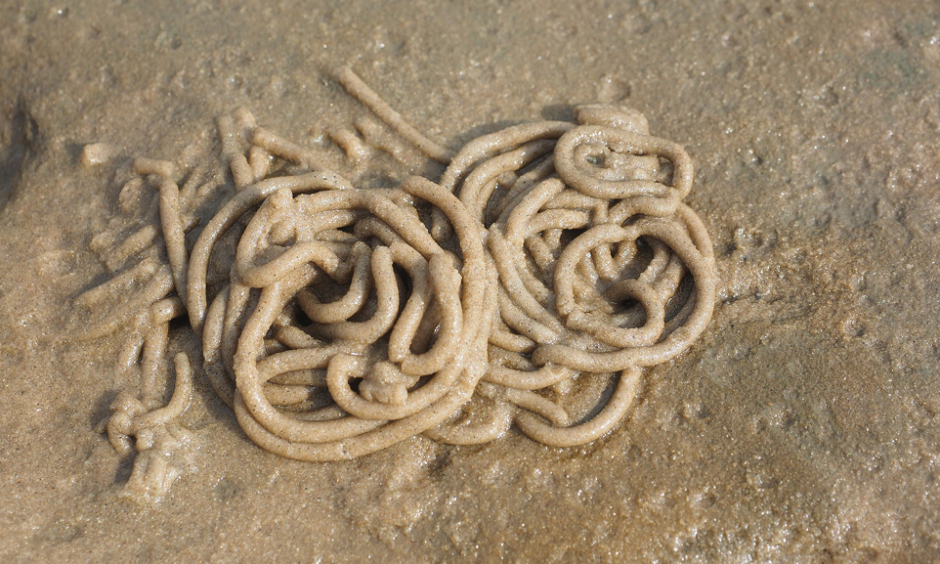NEW drugs to treat a particular type of worm called whipworm could be developed following vital insights into the bacteria that live in the parasites’ gut by researchers from the University of Manchester, Manchester, UK.
New Treatment Requirement
New therapies are much needed because whipworms are particularly difficult to treat and are becoming increasingly resistant to the drugs currently available to doctors. The worm, which buries into the large intestine and causes trichuriasis disease, afflicts around one in four children in the developing world.
Distinct Bacteria
The team observed that bacteria found in the gut of the whipworm are surprisingly distinct from the gut in which they live. Previous research had identified that the host’s gut flora stimulates eggs from these worms to hatch; building on this, the new study discovered that the parasites’ ability to survive is enhanced by changes to the host’s bacteria caused by the infection that reduce the numbers of new whipworm eggs that hatch, thereby keeping down the bacterial population. This may ensure the worm’s survival because the build up of infection is prevented, something that would otherwise lead to host resistance and removal of the parasite by the immune system.
“We already know that our intestinal microflora underpins all aspects of our health,” explained Prof Ian Roberts, University of Manchester. “But we were amazed to find that whipworms have their own distinct microflora, and that it does the same for them; something we think is unique for these types of parasites. This shines a light on the fascinating relationships between the parasites, the host, and their intestinal dwelling bacteria. But it also shows how the parasite can exploit this relationship to its own ends promoting its own existence.”
More Effective Therapies
He added: “Whipworm is particularly difficult to treat with the drugs currently available to doctors, so we hope this study may help identify weak links in the parasites’ biology to help develop more effective ones.”
Causes and Symptoms
Infection occurs following the ingestion of whipworm eggs from contaminated soil, and the presence of the parasite is most commonly found in places with hot, humid climates and poor sanitation. Symptoms include diarrhoea, vomiting, and weight loss.
James Coker, Reporter








